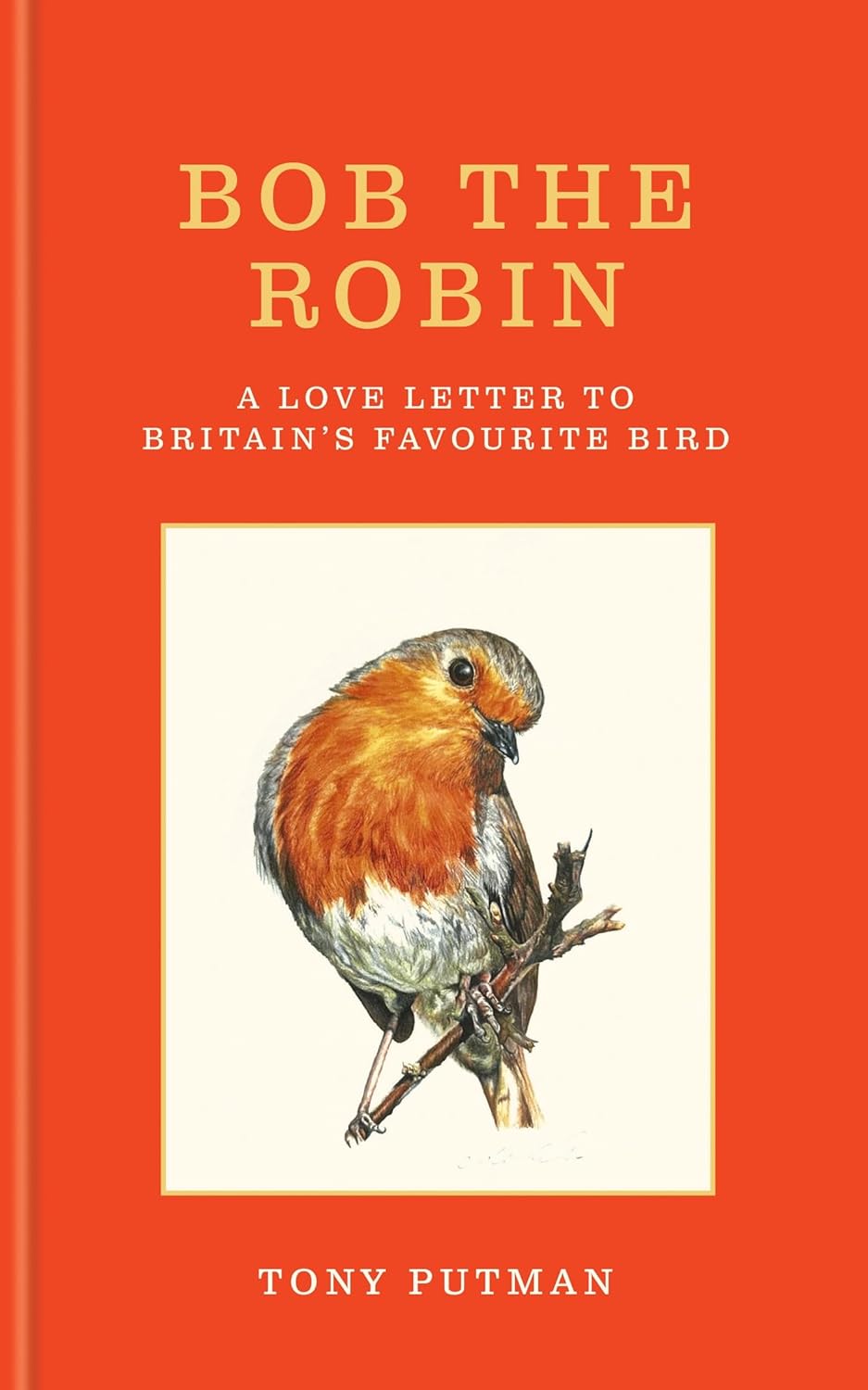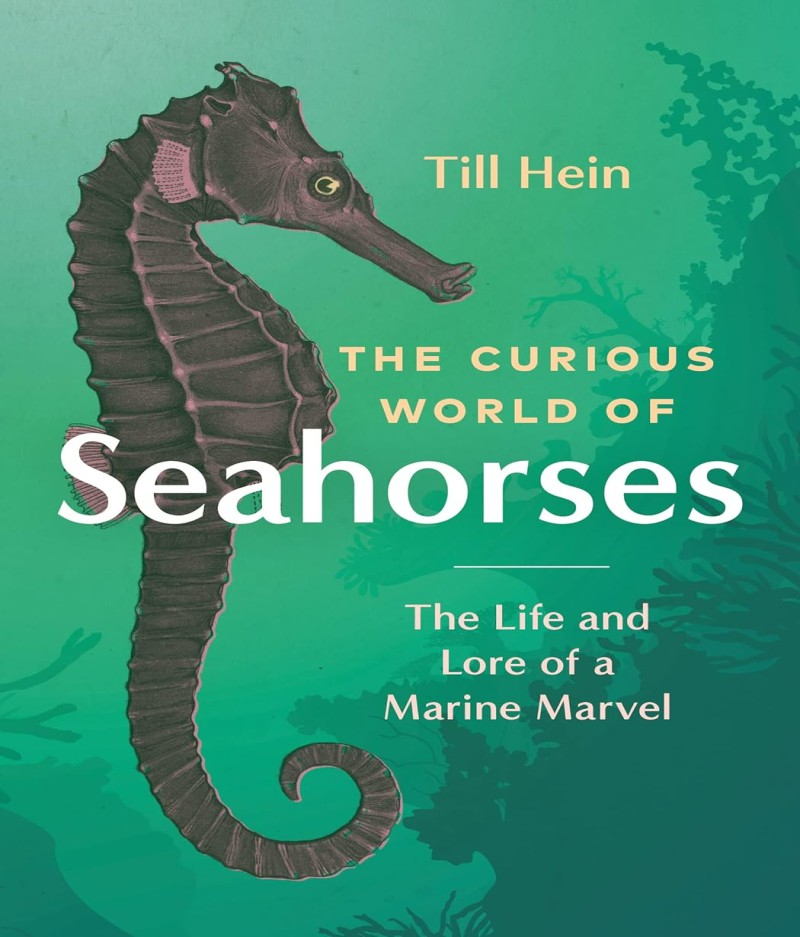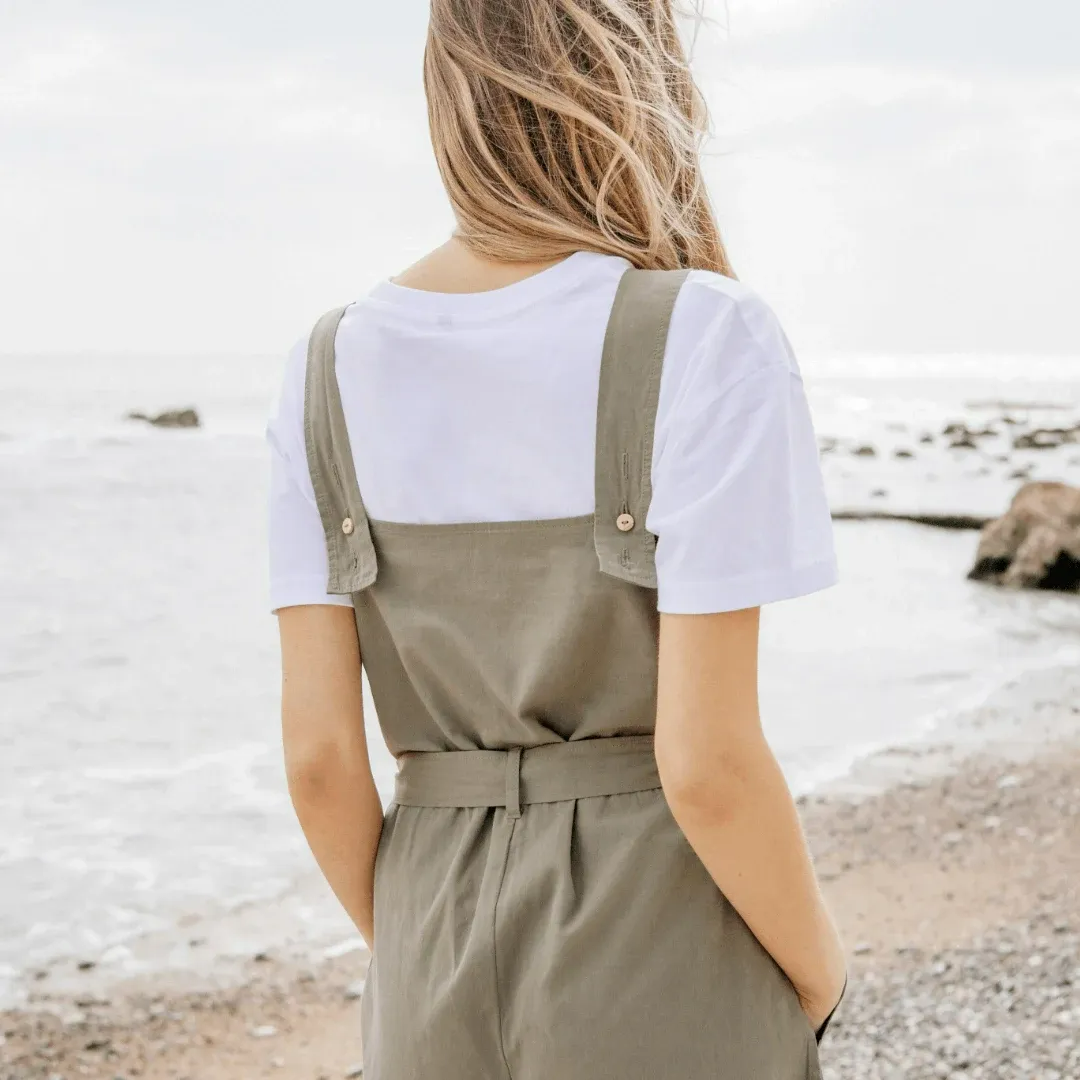
Seagulls are not ‘rats with wings’, but rather beautiful creatures (and excellent parents) who only steal chips because they have increasingly lost their natural homes and food (fish). They are one of the few creatures with special glands that they can safely drink seawater, and in nature would live entirely by the sea. This wildlife ambulance has lots of info on how to help seagulls.
At the beach, keep at least 50 metres away from coastal birds (if they fly away, this is wasting energy that could be spent feeding, they need extra space during high tide). Also keep to main paths when crossing dunes (this also helps dogs and you from having invasive pirri pirri burr attaching to skin, fur, clothes or shoelaces).
Start a volunteer beach clean-up to help remove all the rubbish commonly left on our seaside shores. And whether you eat fish or go fishing, learn about how to help prevent ghost fishing waste (hooks, nets and other rubbish left in the sea from the fishing industry).
Unless starving, don’t feed seagulls as it encourages them to come into contact with dogs, roads and people who don’t like them (it’s illegal to harm one, so report concerns to wildlife crime unit – through Crimestoppers to anonymous).
how to humanely deter seagulls
You can buy gull-proof sacks for waste and recycling, that are tipped into refuse lorries and then left for you to refill. Made from strong polythyrene, they can’t be ripped apart by gulls, rats or foxes, to spew contents out onto pavements and parks early mornings.
PiCAS helps to humanely deter pigeons, gulls and doves, to deter unwanted visitors on roofs of houses, offices and hospitals. Their expertise methods are kind, cost less and work better than lethal control (illegal anyway for gulls). Humane Wildlife Solutions gull helpline can also help.
how to help an injured or orphaned gull
Look around first, as parents are usually close by and tend to leave growing gulls for up to a few hours to find food (they are always watching). You can’t disturb them or nests, so call wildlife rescue for help or place in a box with punctured air-holes and take to your nearest vet, who will put them to sleep if needed, or rehab until rescuers arrive. Help Wildlife has advice.
For dive-bombing gulls, experts say the best solution is to encourage gulls to return to their natural home by the sea. Most birds that bomb you have eggs or hatchlings nearby, so give them space. If they do go for you (or your chips), wear a hat or use an umbrella.
a portrait of a misunderstood bird

The Gull Next Door is a portrait of a misunderstood bird. These beautiful birds (who naturally live on fish) often come inland simply to lack of fish and fast food litter. The author grew up in an English seaside town and is a passionate advocate for these underappreciated birds, and looks at how we can protect them. Also read Landfill, on how we should admire these intelligent birds and marvel at their ability to adapt, rather than see them as ice-cream stealers. Seagulls are scavengers but at a cost – many dead gulls being found with plastic, glass and cigarette butts in their stomachs.






